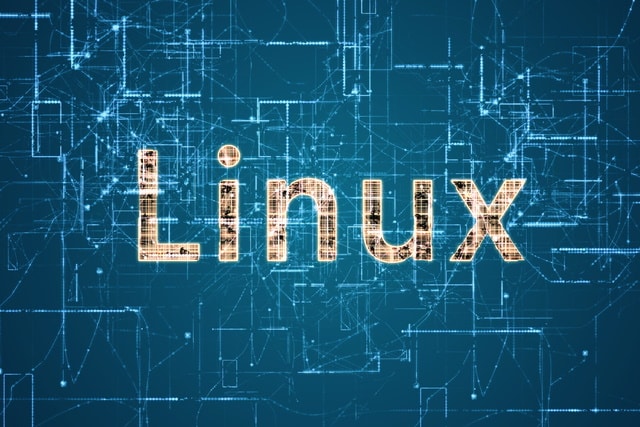Linux 5.10 LTS is here as a significant kernel update

Linus Torvalds has officially announced the availability of version 5.10 of the Linux kernel. This release is significant not only because of the number of new features and fixes it includes, but also because it is a Long-Term Support (LTS) release that will enjoy five years of maintenance.
In his release notes for Linux 5.10, Torvalds also calls upon developers working on version 5.11 to submit changes in plenty of time for Christmas.
See also:
- Developers manage to run Windows 10 and Linux on M1 Macs
- Mageia 8 Beta 2 Linux distro now available with KDE Plasma, GNOME, and Xfce
- Linus Torvalds wants Linux running on Apple's new M1 Macs
In a post yesterday, Torvalds says: "Ok, here it is -- 5.10 is tagged and pushed out. I pretty much always wish that the last week was even calmer than it was, and that's true here too. There's a fair amount of fixes in here, including a few last-minute reverts for things that didn't get fixed, but nothing makes me go 'we need another week'. Things look fairly normal".
Key changes in this release include a new fix for the Spectre vulnerability, a fix for the year 2038 problem (sort of Y2K all over again) and numerous performance improvements.
But the creator of the Linux kernel is already looking forward. He says:
The merge window for 5.11 will start tomorrow. I already have a couple of pull requests pending -- you guys know who you are, and thank you.
The most notable thing about the 5.11 merge window will be obvious to anybody who takes a look at the calendar: realistically speaking, we only have one week before the holidays are upon us, and everybody is much too distracted. That means that I will be particularly strict about the whole "the merge window is for things that are ready before the merge window starts".
Now, I'm sure you all want to go off for holidays too, and I'm actually surprised that I don't have more early pull requests pending. So I think the whole "everything you send me should have already been done" is something we can all sign up for. But exactly because of the timing, I will simply not be very interested in any new late pull requests that come in the second week of the merge window: I expect to still be handling some of the backlog that week anyway, but I certainly do not want to get more of it.
Image credit: jivacore / Shutterstock
